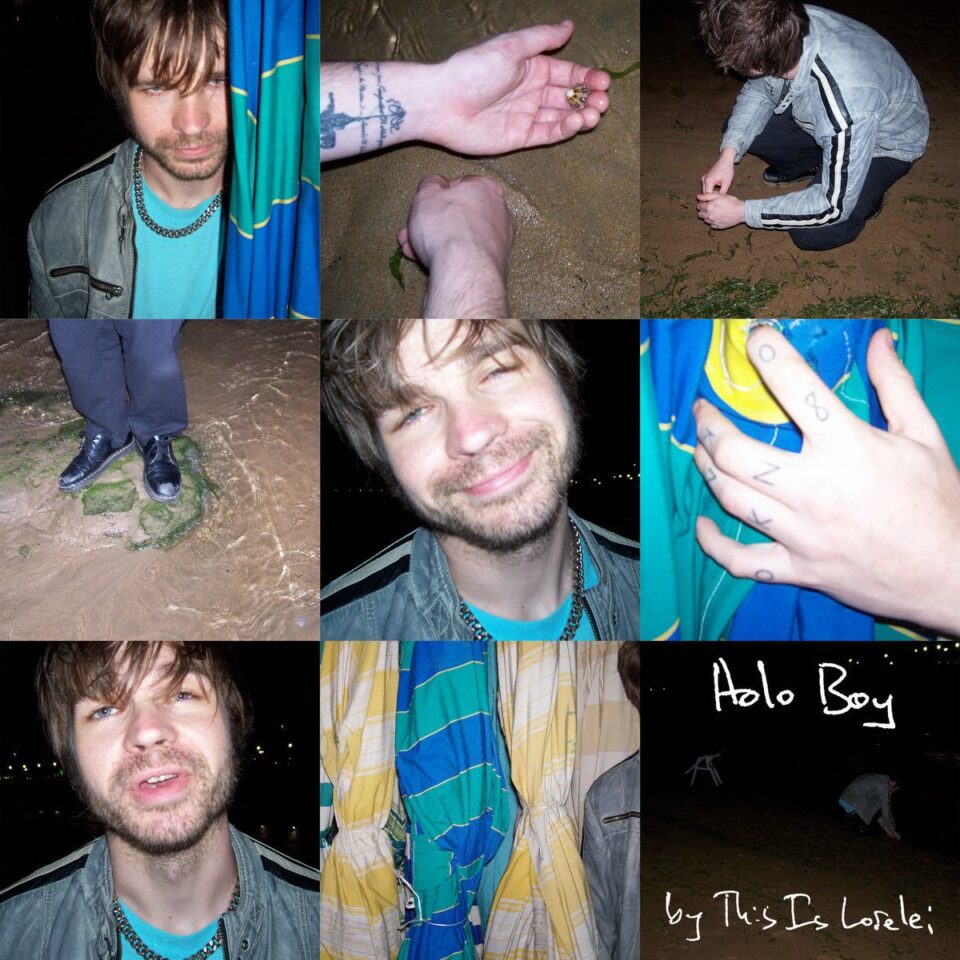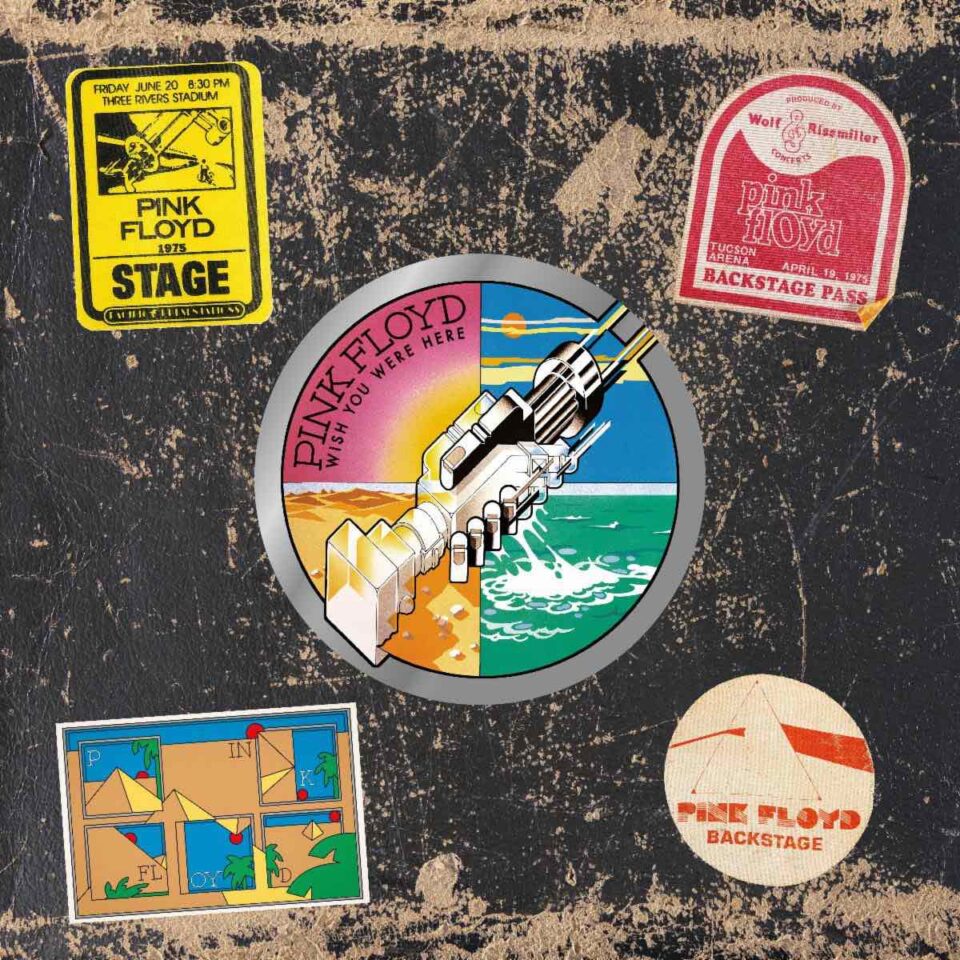Kero Kero Bonito marches to its own beat. The London trio—consisting of Sarah Midori Perry, Gus Lobban, and Jamie Bulled—self-released both their introductory mixtape, Intro Bonito, and breakout debut album, Bonito Generation, and with solely their own vision at hand, they built a global fanbase on a chipper, borderline-ridiculous, and candy-sweet sound that mixes J-pop, hip-hop, and video game music, with bilingual lyrics to boot.
The band may have signed to Polyvinyl for their latest—the surprise-released Time ’n’ Place—but they still clearly don’t care about fitting into pre-established boxes. According to Lobban, who some may know as PC Music affiliate Kane West, the band’s sophomore album “is us saying that we’re gonna do whatever the fuck we want.” This might at first leave some longtime listeners in the dust (although Lobban is quick to gratefully describe the band as “powered by the fans”): Time ’n’ Place contains absolutely no computer-made music. This is nothing short of a DNA re-encoding for Kero Kero Bonito.
During a weeks-long excursion to Jakarta shortly after Bonito Generation’s release, the band “experienced things that we didn’t even appreciate existed,” as Lobban explains it, and thus began asking what more might be out there that they hadn’t considered. This eventually led to them returning home to London’s suburbs—Lobban dubs Time ’n’ Place a “very suburban record”—and ditching computers for non-electronic instruments, including keyboards, drums, bass, guitars, and even strings. They adhered to a philosophy that Lobban sums up neatly: “Retro is one thing, but if you actually use retro tools to make something modernist, you almost end up inhabiting a parallel universe that never happened, but could’ve.” In other words, Time ’n’ Place is a rock and dream pop album from a band that previously barely broached these genres.
“Retro is one thing, but if you actually use retro tools to make something modernist, you almost end up inhabiting a parallel universe that never happened, but could’ve.” — Gus Lobban
So it’s a change, but it’s not quite a surprise, since three Time ’n’ Place songs—the flowers-in-the-field bliss of “Time Today,” the power pop hop-and-skip of “Only Acting,” the cheerful, wispy keyboard ditty “Make Believe”—preceded the album’s release. The album’s arrival, though? Big surprise, and done with typical Kero Kero Bonito disregard for norms. Only two weeks after announcing they had signed to Polyvinyl, they dropped Time ’n’ Place on the first day of October, a Monday, after saying as early as May that it would be out “soon.”
The amount of time that’s passed since May might prove helpful for those surprised by the rock-infused direction in which Time ’n’ Place has moved. Perhaps not coincidentally, the passing of time is a major focus of the album’s lyrics; carried over from past Kero Kero Bonito releases is the discussion of future ambitions and the informing of real, lived experiences on the songs’ narratives.
Perry, for instance, was moved to write lyrics inspired by images recalling moments long gone. “My brother once sent me a picture of my old childhood home from Japan—it was completely demolished,” she says. “I saw that land with a white sheet covering it. That really got to me. The physicalness of the past is gone now. The only thing left of that era is the memories.”
Time ’n’ Place is rife with such specific, vividly rendered memories. Perhaps the most heartbreaking example is “Visiting Hours,” which mournfully recounts Lobban’s frequent hospital visits after his dad suffered a life-threatening injury—but the somber words are still sung over KKB’s signature sparkle. “If I’d Known” studies Bulled’s battles with indecision over a scything guitar riff and an absolute bop of a bassline. “Dump” is literally about the garbage drop at the end of Lobban’s block, though its essence is far sweeter and more hypnotizingly aromatic than an actual trash pile.
These descriptions of Kero Kero Bonito songs might come as something of a shock to anyone only familiar with the band’s prior output, which is more overtly J-pop-influenced. The band is at once insistent that Time ’n’ Place isn’t a conscious effort to distance itself from J-pop and certain to note that, although Perry has sung in Japanese on previous releases (though not on Time ’n’ Place), J-pop is at most an influence for the band.
“It does feel a bit weird [to be labeled J-pop],” Perry says, “because J-pop [in the UK] is different from J-pop in Japan. It also comes up because I’m half-Japanese,” she continues. “I wanted to show that people can be more than one thing, and it’s fine. When people say we’re just J-pop, I feel a bit strange about that.”
“I wanted to show that people can be more than one thing, and it’s fine. When people say we’re just J-pop, I feel a bit strange about that.” — Sarah Midori Perry
Anyone listening to Time ’n’ Place with no previous context for Kero Kero Bonito wouldn’t dare label it J-pop. Across the album, Perry’s charmingly nasal, delicately youthful voice sings lyrics as filled with familiar images as they are with nuanced statements about ordinary things. Lobban crunches helium-cast dream-pop sequences from playful keyboard patterns, and his elementary but grippingly steady drum arrangements, Bulled’s work on bass, and guest guitarist James Rowland’s overdriven bursts of energy together fill the music with simultaneous ease and longing. Time ’n’ Place is as gentle and approachable as it is emblematic of a challenging quest for deeper meaning.
This music is inviting, and its familiar, uh, times and places offer unimposing entrances to Kero Kero Bonito’s world. The album’s title is an indication of the inextricable link between setting and this new collection—or as Lobban more succinctly puts it: “These places mean a lot to us, because they’re a part of us.” FL







